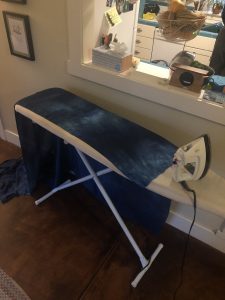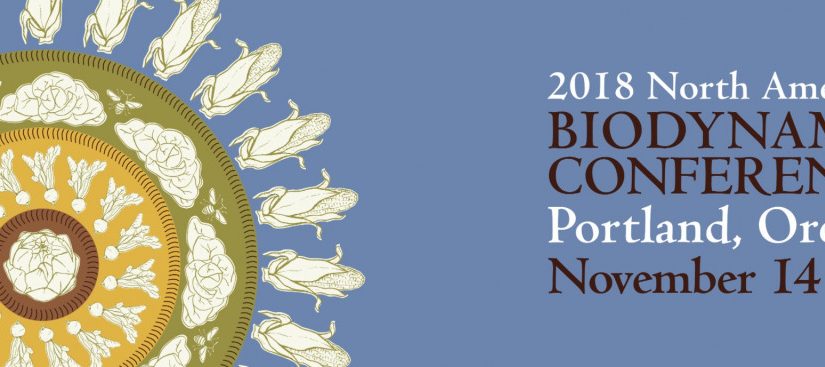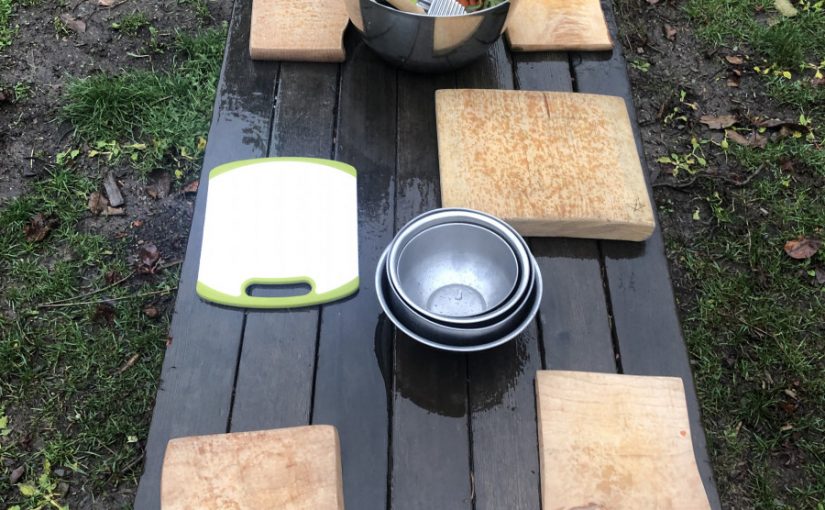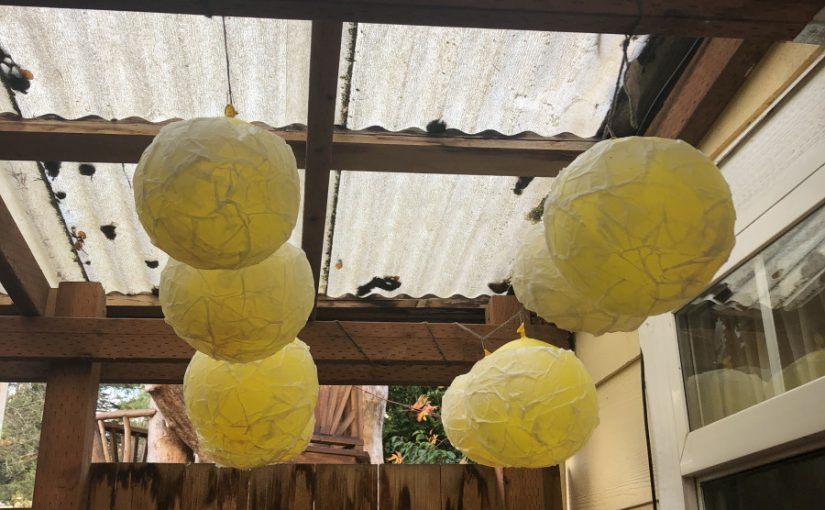Week 8: I attended the Biodynamics Conference in Portland, Oregon. This conference allowed me to explore Rudolf Steiner’s philosophies, which pertain to Waldorf education. As a reflection, I looked around me when I sat down at the keynote speaker. Something I did not see was very many young people, or people of color. Perhaps it was because it is Portland, one of the whitest cities in the US, or maybe because Biodynamics does not speak to those people? This year there was emphasis on social justice and inclusion but the solutions were vague. I found myself having a lot of questions about land access and economics. Can we create a food system that is within the system of capital? Many speakers at the conference seemed to answer these questions doubtfully. Many farmers are trying to make money for their families, and are already poor. It seems like we need to create a system where food access shouldn’t be about having enough money to do so, but it seemed like those concerned with Biodynamics did not see themselves able to create food access themselves. They seemed to be very concerned with connecting themselves and their customers to Biodynamic food, but where does that leave people who cannot afford it?
Category: Uncategorized
Final Self Evaluation
Academic Statement
https://docs.google.com/document/d/1_hwWQdAt8KomHP00quSBQP-UOS0qaUWj8Wx-gALzf4U/edit
Vegetable Chopping & Story Time
Week 9: I arrived at Bird Song and started the morning by ironing a silk. I had never used an iron before, yet I felt like I should know how. Instead of acknowledging that I could learn, I felt as though I was at a disadvantage and had to learn on my own. I thought to myself, everyone knows how to use an iron, why don’t I? This is an example of the way that our society operates, we think of ourselves as individuals. Instead of learning from each other and recognizing  that we will never know how to do everything, we have these unobtainable expectations that we are supposed to know how to do certain tasks at a certain age. Then we tend to look for someone to place the blame on, if we do not know. In reality, this is where learning can occur to benefit everyone. I usually feel like a burden if I do not know something that I feel like is a life skill because then I feel like I am placing the burden on someone else to teach me instead of treating it like a learning curve. I hope that children can be raised to understand the importance of learning as a community. Children are individuals with strengths and weaknesses but this is where community can come together. Instead of being upset at what I do not know, it is more productive to just learn!
that we will never know how to do everything, we have these unobtainable expectations that we are supposed to know how to do certain tasks at a certain age. Then we tend to look for someone to place the blame on, if we do not know. In reality, this is where learning can occur to benefit everyone. I usually feel like a burden if I do not know something that I feel like is a life skill because then I feel like I am placing the burden on someone else to teach me instead of treating it like a learning curve. I hope that children can be raised to understand the importance of learning as a community. Children are individuals with strengths and weaknesses but this is where community can come together. Instead of being upset at what I do not know, it is more productive to just learn!
At Bird Song, there is always plenty to do in the garden. I have found myself raking leaves and creating fairy houses with the little ones. We prepared and chopped the veggies underneath the canopy because of the downpour of rain. During the rainy days it may be hard to convince the children to stay outside. It is important that we acknowledge those children’s feelings but also keep them living within the daily rhythms. On Monday, we chopped the veggies underneath the canopy because of the downpour. As we got the children ready for indoor time, one of the youngest; Cohen, jumps into my arms and I am reassured that this little environment is a home for now. I have decided to continue through winter quarter at Bird Song because I have completely fell in love with the children. After painting, I clean the water cups, brushes and sponges and I am asked to read a story. Children start to gather as I read about a friendly poor old man who gives himself to his community, and never asks for anything in return. A cheap grumpy governor tells him that his house will get torn down because it is falling apart and then his community offers to rebuild the house for him as a surprise! Children continue to pile on top of me on the small couch, all trying to see the pages. I am warmed by their cuddles and read two more stories to them. This is the place I am supposed to be!
Autumn Leaf Lantern Making
Week 7: Today I helped to rake leaves to build a pile for the children to jump in. It’s autumn! Aimee collects autumn leaves for paper lanterns to prepare for next weeks lantern walk. During lantern walk, the children carry illuminated lanterns through the neighborhood.
Celebrating seasons is important at Bird Song Children’s Garden because it creates an environment where the children’s bodies are connected to the earth. All of the songs, food, art and stories are celebrating the seasons. I am curious to see what winter brings to the school and how we will celebrate the chilly season since we spend a majority of the time outdoors.


